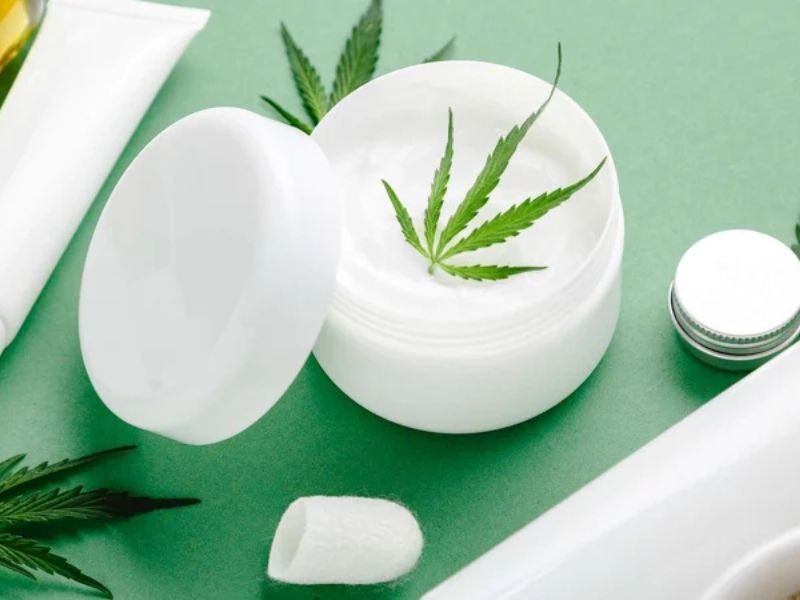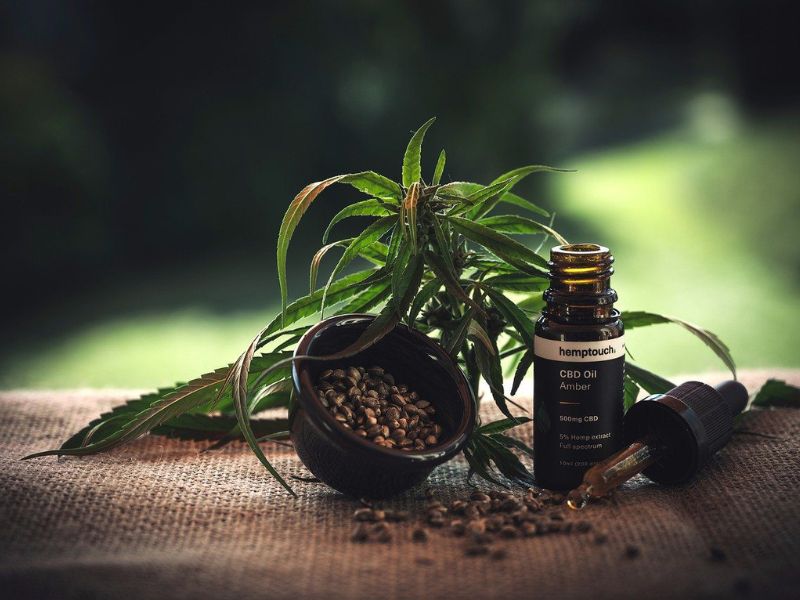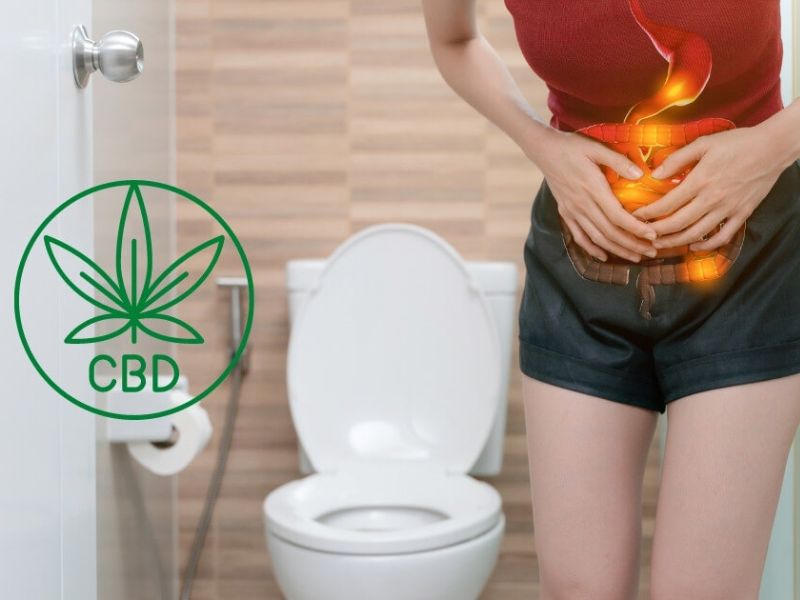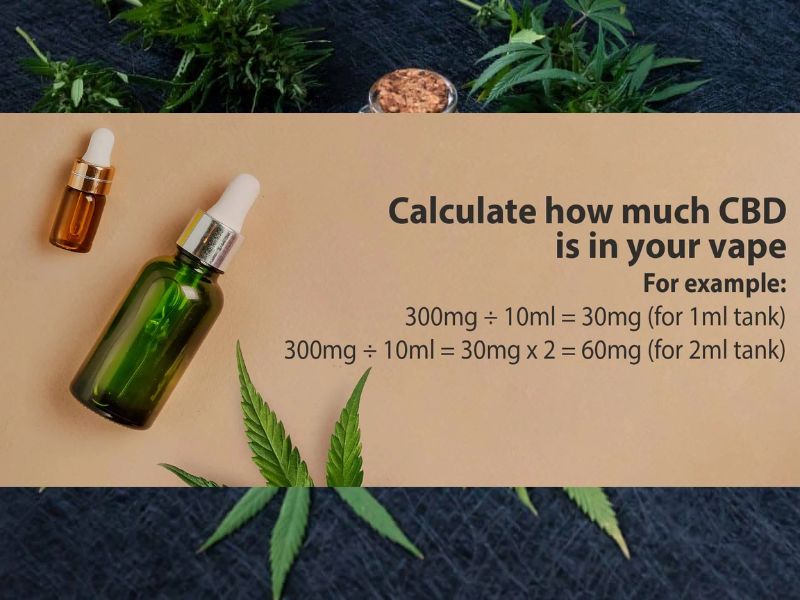In recent years, CBD oil has gained significant popularity for its potential health benefits. Derived from the cannabis plant, CBD (cannabidiol) is known for its therapeutic properties without the psychoactive effects commonly associated with its counterpart, THC (tetrahydrocannabinol).
Many individuals turn to CBD oil for various reasons, such as pain relief, stress reduction, and skincare. However, concerns have arisen regarding the potential for topical CBD oil to cause a positive drug test. In this article, we will explore this topic in-depth and examine whether topical CBD oil can indeed result in a positive drug test.
Understanding CBD and Drug Tests
To comprehend the likelihood of CBD oil causing a positive drug test, it is crucial to understand how drug tests work. Most drug tests are designed to detect THC, the psychoactive compound found in cannabis.
When consumed, THC enters the bloodstream and is eventually metabolized into various metabolites. These metabolites, such as THC-COOH, can be detected in urine, blood, saliva, or hair samples.
CBD, on the other hand, does not produce the same metabolites as THC. Consequently, standard drug tests do not typically screen for CBD.
Instead, they focus on identifying THC and its metabolites. However, there is a possibility of THC contamination in CBD products, which raises concerns regarding drug test results.
Contamination Issues
CBD products, including topical oils, are available in different forms and concentrations. Some products claim to be THC-free, while others contain trace amounts of THC within legal limits (0.3% or lower in the United States).
The manufacturing process and quality control measures of CBD products play a vital role in minimizing THC contamination.
However, the lack of strict regulations in the CBD industry increases the risk of contamination. In some cases, CBD oil products may inadvertently contain higher levels of THC than advertised, leading to potential positive drug test results.
Cross-contamination can occur during the extraction and manufacturing processes, especially when CBD and THC are processed in close proximity.
Potential for Transdermal Absorption
Topical CBD oil is primarily intended for external use and is applied directly to the skin. When applied topically, CBD interacts with cannabinoid receptors in the localized area, providing potential relief from pain, inflammation, or skin conditions.
It is worth noting that topical application of CBD oil does not result in significant systemic absorption into the bloodstream.
While transdermal CBD patches are designed for systemic absorption, most topical CBD products do not penetrate deep enough into the skin to enter the bloodstream in substantial amounts.
Consequently, the risk of transdermal absorption leading to a positive drug test is relatively low compared to oral or inhalation methods of CBD consumption.
Third-Party Testing and Quality Assurance
Certificates of Analysis (COAs) and third-party testing are common practices among respectable CBD manufacturers to ensure their products are free of THC contamination. To ensure the efficacy and safety of CBD products, third-party labs perform these analyses.
The CBD and THC amounts of a product are validated, and any harmful substances, including metals or pesticides, are ruled out by a Certificate of Analysis.
Customers should give preference to retailers who make COAs for their CBD goods easily accessible and available online. By carefully studying these materials, consumers may make sure that the CBD oil they are taking does not contain any amounts of THC that would result in a positive drug test.
Conclusion
In conclusion, while it is possible for topical CBD oil to cause a positive drug test, the likelihood is relatively low. Most drug tests focus on detecting THC and its metabolites, while CBD does not produce the same metabolites. However, contamination issues and the lack of stringent regulations within the CBD industry can lead to unexpected THC levels in CBD products.







